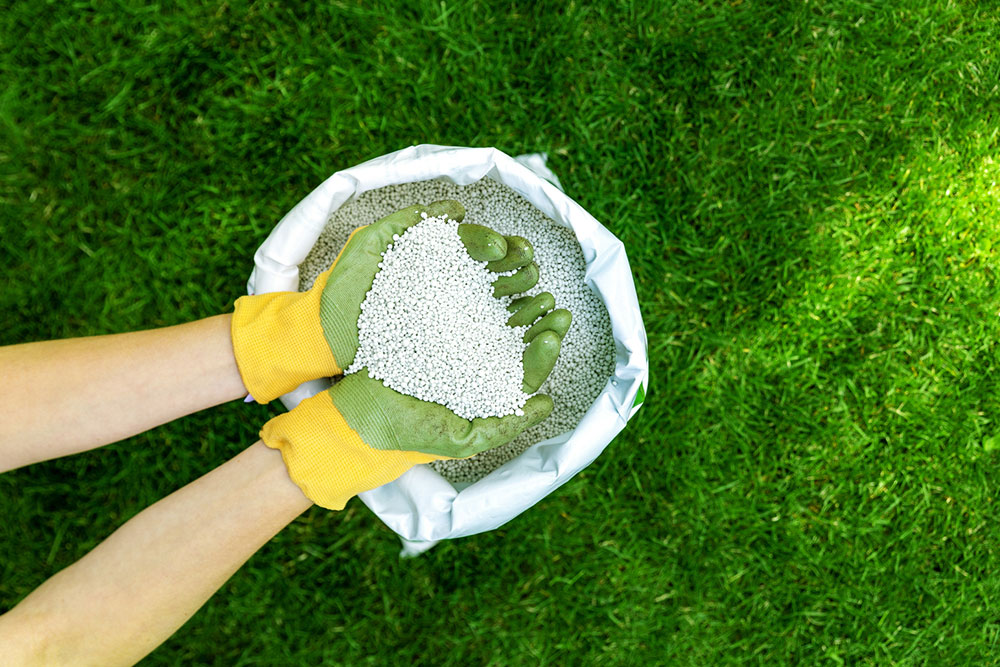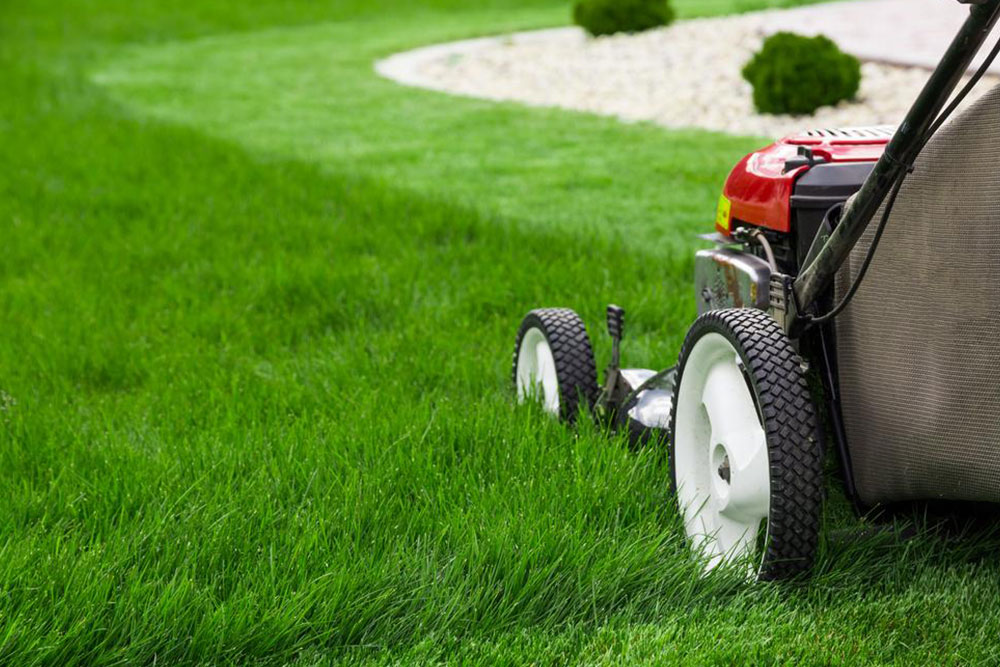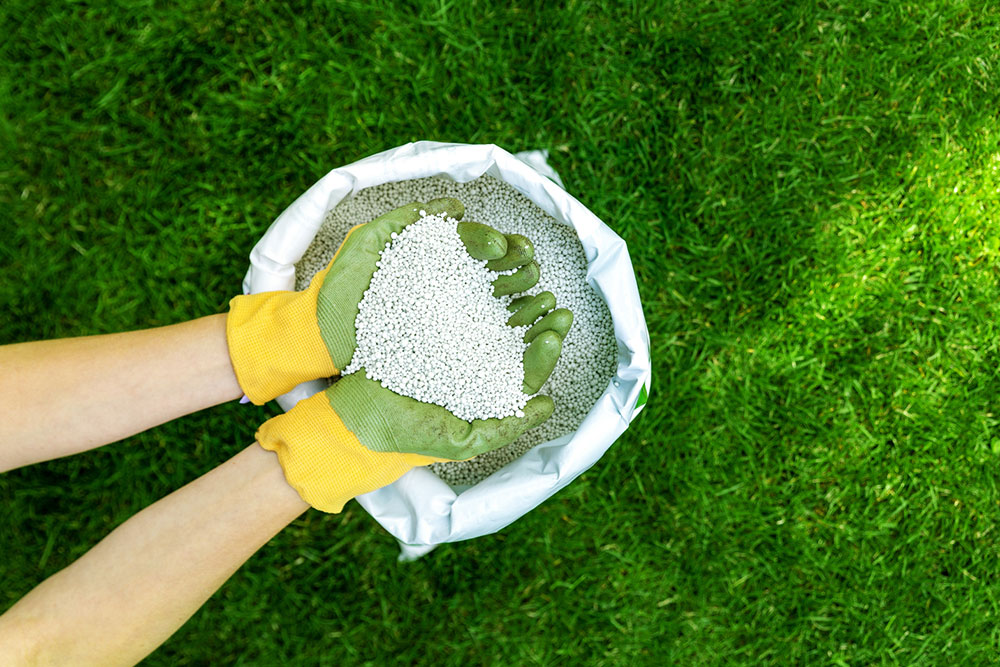Essential Guide to Grass Fertilizers and Selection Tips
Discover the different types of grass fertilizers, including organic, synthetic, liquid, and granular options. This guide provides essential tips on choosing the right fertilizer based on your lawn’s needs, climate, and soil. Learn best practices for application to maintain a lush, healthy lawn and ensure sustainable growth. Ideal for DIY enthusiasts and homeowners aiming for beautiful gardens and yards.

Essential Guide to Grass Fertilizers and Selection Tips
Maintaining a lush, healthy lawn is crucial for home aesthetics. Using the right grass fertilizer plays a vital role in promoting vigorous growth and vibrant green color. Whether you prefer professional services or DIY solutions, understanding the types of fertilizers available helps in making informed decisions.
Varieties of Grass Fertilizers
The choice of fertilizer depends on your grass type, climate, rainfall, and soil needs. There are several options, including organic, synthetic, liquid, and granular fertilizers, each offering unique benefits.
Organic Fertilizers
Made from natural plant or animal sources, organic fertilizers release nutrients gradually, supporting long-term soil health. They boost soil microorganisms, improve water retention, and don’t build up harmful chemicals, making them ideal for sustainable lawn care.
Synthetic Fertilizers
These fertilizers deliver nutrients rapidly and are effective for quick results. They come in various forms, including nitrogen, phosphorus, and potassium-based options. However, excessive use can harm soil health, so moderation is key.
Nitrogen fertilizers promote lush greenery and vigorous leaf growth.
Phosphate fertilizers encourage strong root development and faster nutrient uptake.
Potassium fertilizers strengthen the lawn, helping it endure drought and heat stress.
Liquid Fertilizers
Sprayed directly onto plants and soil, liquid fertilizers are fast-acting and easy to apply. They enhance nutrient absorption but can wash away quickly during heavy rains or hot weather, so timely application is essential.
Granular Fertilizers
Applied in pellet form, these slow-release fertilizers disintegrate with watering, providing a steady nutrient supply over time. They are durable against weather conditions, making them suitable for all lawn types.
Expert Tips for Selecting Fertilizers
Identify your grass type—cool or warm season—and analyze your soil's nutrient levels before choosing a fertilizer. Consider regional climate, rainfall, and specific lawn needs. Consulting professionals can help optimize fertilization strategies for best results.
Best Practices for Fertilizing
Use proper spreading tools like broadcast or drop spreaders for even application.
Practice grasscycling and aerate the soil regularly to promote healthy growth.
Apply moderate amounts of fertilizer and water to avoid overfeeding.
Incorporate compost as a natural fertilizer alternative.










